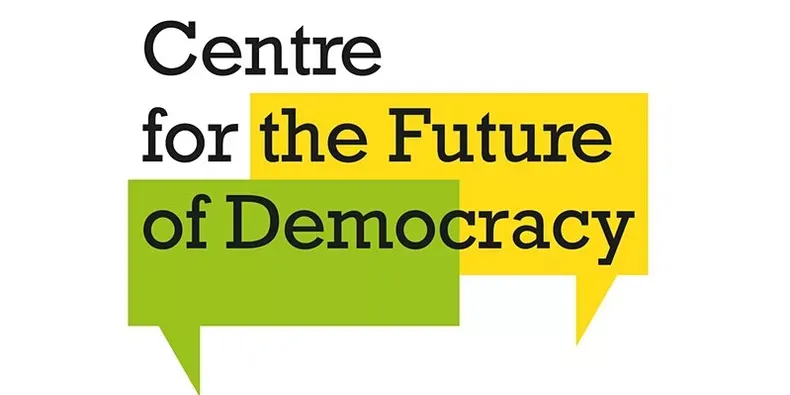Finding the silver lining in this pandemic's cloud is not easy. The latest survey from Cambridge boosts optimism on the populism front. Thanks to the pandemic, populism appears to be in decline. Political opportunism that had exploited a trend towards populism was exposed by the pandemic. Well-being and basic survival brought people closer to science and to government. Hardly any room was left for the raging wild conspiracy theories of the past decade.
The individual matters. This is the key to defeating populism and tribalism that continue to plague democracy. The pandemic gave the skeptics first hand experience in how science, business and government coordinate and together move mountains for the safety and well-being of the individual. Communicating this focus on the individual is also the key to a healthier democracy, going forward.
Here are a few key findings from the report:
- In this report, we provide the first global overview of how the pandemic has changed political attitudes and beliefs.
- We use data collected by YouGov from 27 countries and 81,857 individuals during the 2020-21 pandemic, together with data compiled by the HUMAN Surveys project from 79 sources and over 8 million individuals since 1958.
- We find strong evidence that the pandemic has reversed the rise of populism, whether measured using support for populist parties, approval of populist leaders, or agreement with populist attitudes.
- However, we also find a disturbing erosion of support for core democratic beliefs and principles, including less liberal attitudes with respect to basic civil rights and liberties and weaker preference for democratic government.
You can read the full report by following this hyperlink to the Centre for the Future of Democracy at Cambridge.




